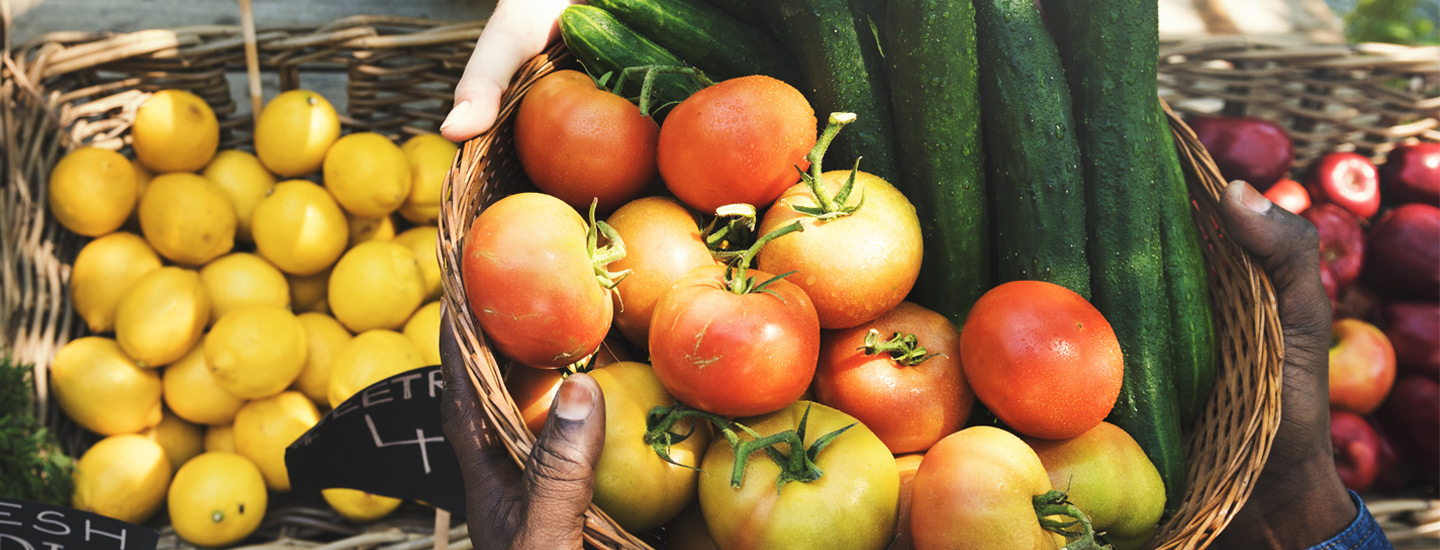With 21 percent of Florida children currently experiencing food insecurity, returning to school can be a daunting task. Kids who don’t get enough food to eat are more likely to repeat a grade, experience developmental impairments in areas like language and motor skills, and have more social and behavioral problems. This why our Feeding Florida network food banks offer resources to ensure students are getting the nutrients they need.
Within our 12-food bank network, several foodbanks offer in-school pantries for students to access during the school year. These pantries offer a wide variety of products from fruits and vegetables to shelf-stable and frozen food. Some pantries even offer non-food items like paper towels, toilet paper, laundry detergent and soap.
Our food banks also after school programs where afterschool snacks or meals are provided to children because statistics show that children facing food insecurity will often eat their last meal of the day in school. Kids who participate in afterschool meal programs show increased attendance and graduation rates, which is why we have made it a priority to provide this food access to students.
“The addition of a food pantry has allowed our school to provide wraparound services to our students and families. We've been able to identify families in need and offer further assistance,” says Rebecca Salgado, Principal of Ruskin Elementary – one of our partner sites at Feeding Tampa Bay. “On an average week, we serve 100 families! That's an average of 400+ students. It is a true honor to serve our families through this wonderful opportunity.”
More resources available to students facing hunger are the National School Breakfast Program (NSBP) and the National School Lunch Program (NSLP). These programs are offered in both public and private schools and are administered by the USDA’s Food and Nutrition Service at the Federal Level. Low-income children at participating schools are eligible for reduced-price or free meals. Children in households with incomes below 130 percent of the poverty level or those receiving SNAP or TANF qualify for free meals, and those with family incomes between 130 and 185 percent of the poverty line qualify for reduced-price meals. Families can complete an application directly through their child’s school.
To find out more about our food bank in-school pantries and after school programs, visit the links below.
Feeding Florida In-School Programs:
Second Harvest of the Big Bend
Second Harvest of the Big Bend is partnered with 12 Leon County schools to provide in-school food pantries during the 2021-2022 school year. All food is distributed to the children and families free of charge, but access to the food varies by school. Food found at these pantries include meat protein (canned or frozen), plant-based protein (peanut butter and beans), fruits and vegetables (fresh and canned), grains, entrees (canned pastas, skillet meals, soups, stews), shelf stable milk, breakfast items (cereal, oatmeal, grits), snacks, and bread.
Bread of the Mighty
Treasure Coast Food Bank
School Pantry and Afterschool Meals Programs>>
Harry Chapin Food Bank
Feeding South Florida
School Pantry and Afterschool Meals Programs>>
Feeding Tampa Bay
School Pantry and Afterschool Meals Programs>>
Feeding Tampa Bay offers Afterschool Meals with 18 partner sites through four counties. The meals follow the USDA reimbursable meal pattern with 2 ounces of meat, 1/2 cup of vegetables, 1/4 cup of fruit, 8 ounces of milk and 1 ounce of whole grain. In order to participate in this program, students must be enrolled with the site’s afterschool program.


